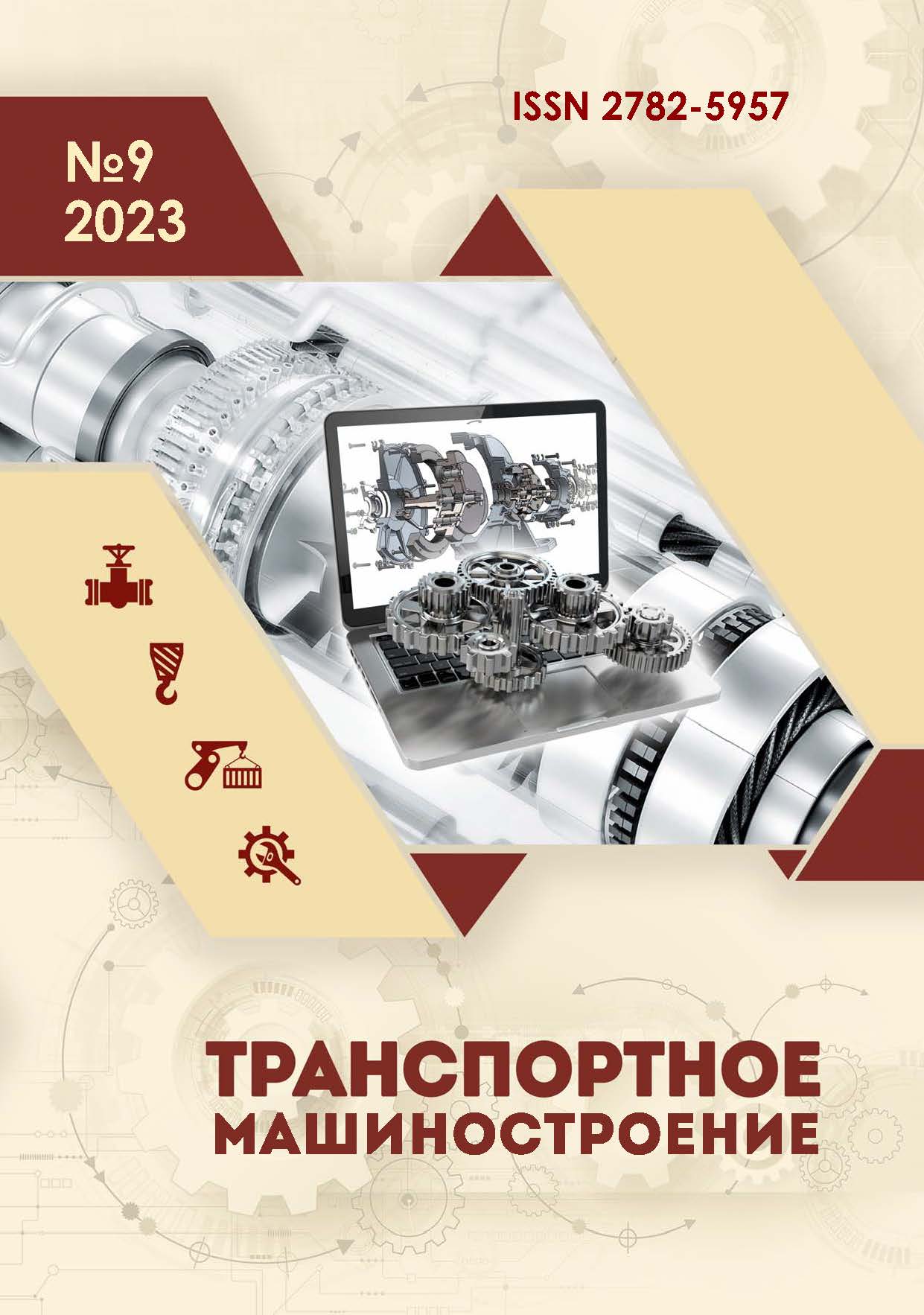employee
Bryansk, Bryansk, Russian Federation
employee
Bryansk, Bryansk, Russian Federation
Voronezh, Voronezh, Russian Federation
Bryansk, Bryansk, Russian Federation
UDC 621.9
Russian Library and Bibliographic Classification 345
An approach is proposed which is based on the theory of random processes and which allows carrying out an objective comparative analysis of the results of forming of surface roughness profiles of sliding friction joint elements both after machining and during operational run-in. The research relevance is determined by the task of forming a surface roughness profile by various technological methods, which corresponds to or is close to the operational one formed during the running-in of the sliding friction joint elements, that would allow manufacturing products which would start operating in conditions close to normal wear. The studies evaluate the influence of technological factors on forming roughness profiles by turning options and round grinding methods followed by surface plastic deformation by diamond smoothing, electromechanical machining, etc., as well as the influence of the run-in processes carried out on the test bench. A qualitative assessment of the forms of amplitude-frequency characteristics of models forming element surfaces is accepted as the identity criterion of processes forming microprofiles of element surfaces. The paper presents a method of experimental verification of the surface roughness profile for stationarity and ergodicity, which can be used to analyze other random sequences appearing in the practice of tribotechnological research. The construction of autocorrelation functions of the surface roughness profile before and after running-in makes it possible to find out the influence of technological heredity on forming a microprofile while surface machining and running-in of parts. The calculation of indicators to evaluate the theoretical spectral densities of roughness profiles and the construction of amplitude-frequency characteristics of forming surface roughness by various technological methods and during run-in allows choosing an effective method of machining parts, which significantly reduces the run-in time of sliding friction pairs. Studies have shown that surface plastic deformation should be used as the finishing treatment of parts, which allows to obtain a roughness profile of sliding friction surfaces close to the operational one.
running-in, turning, grinding, deformation, roughness, processes, stationarity, ergodicity, amplitude-frequency characteristics
1. Suslov AG, Fedorov VP, Gorlenko OA. Fundamental principles of technological support and reliability improvement of machine-building products: monograph. Moscow: Innovatsionnoe Mashinostroenie; 2022.
2. Suslov AG, Bezyazichny VF, Panfilov YuV, Bishutin SG. Engineering of the surface of parts. Moscow: Mashinostroenie; 2008.
3. Ryzhov EV, Suslov AG, Fedorov VP. Technological support of operational properties of machine parts. Moscow: Mashinostroenie; 1979.
4. Butenko VI. Scientific foundations of functional engineering of the surface layer of machine parts. Rostov-on-Don: DSTU publishing centre; 2017.
5. Suslov AG, Fedorov VP, Nagorkin MN, Pyrikov IL. Complex approach to experimental investigations of metal-working technological systems to ensure parameters of quality and operatiol properties of machinery surfaces. Science Intensive Technologies in Mechanical Engineering. 2018;10:3-13. DOI:https://doi.org/10.30987/issue_5bb4b1f952b923.31755344.
6. Bendat J, Pearsol A. Measurement and analysis of random processes. Moscow: Mir; 1974.
7. Jenkins G, Watts D. Spectral analysis and its applications: issue 1. Moscow: Mir; 1971.
8. Jenkins G., Watts D. Spectral analysis and its applications: issue 2. Moscow: Mir; 1972.
9. Suslov AG, Fedorov VP, Nagorkin MN. Technological support of physical-mechanical properties of the surface layer of parts at electro-mechanical finishing Science Intensive Technologies in Mechanical Engineering. 2020;12:22-30. DOI:https://doi.org/10.30987/2223-4608-2020-12-22-30.
10. Nagorkin MN, Fedorov VP, Totai AV, Kovaleva EV. Control of part surface parameter quality during processing with surface plastic deformation. Bulletin of Bryansk State Technical University. 2017;8:4-13. DOI:https://doi.org/10.12737/article_5a3779fb6455f6.47680401.







